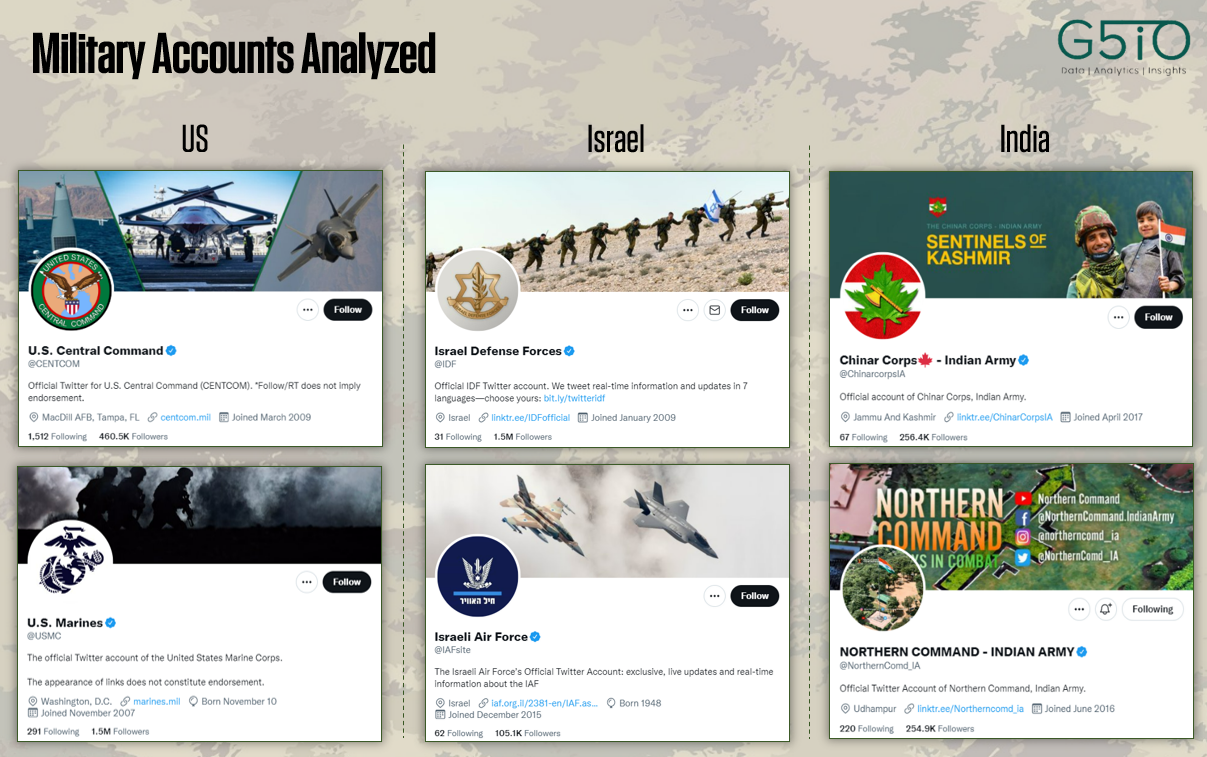In the realm of modern journalism, a troubling trend has emerged that not only undermines the integrity of our news but poses a direct threat to the nuanced understanding necessary for robust international relations. This issue is none other than the oversimplification of complex diplomatic matters into binary questions, particularly those concerning military action and its place in diplomatic strategy. It’s high time we confront this journalistic malpractice with the seriousness it warrants.
The matter at hand isn’t merely about asking tough questions—a practice essential to a free and vibrant press—but rather, it’s about how these questions are framed. When journalists pose queries that suggest taking military options off the table in every circumstance or reduce intricate international situations like hostage negotiations or retaliatory strikes to simplistic dichotomies, they’re not just failing in their duty; they’re actively participating in diluting public discourse.
Let us be clear: International relations are an intricate web of strategic considerations, historical relationships, and geopolitical interests. The suggestion that any one approach—particularly military intervention—should be universally dismissed or endorsed without acknowledging this complexity is not only naive; it is dangerously shortsighted.
For example, when discussing potential responses to acts of aggression by hostile states or entities, framing questions around whether military retaliation should be considered often misses the broader context. Such inquiries fail to account for the multifaceted strategies involved in diplomacy which include economic sanctions, diplomatic isolation, strategic alliances, and yes, as a last resort after considerable deliberation—the use of force.
Moreover, this reductionist questioning serves another detrimental purpose: it paints policymakers who recognize the necessity of maintaining all options on the table as warmongers while portraying those advocating for blanket non-intervention as paragons of peace. This false dichotomy does a disservice not only to our leaders but also to the citizens trying to navigate these complex issues through informed debate.
It’s crucial for journalists—and indeed all stakeholders in democratic societies—to understand that diplomacy cannot operate under arbitrary constraints imposed by poorly framed inquiries. Diplomatic strategy must remain flexible and adaptive; ready to employ or discard various tactics based on evolving circumstances and objectives rather than rigid ideologies.
In confronting global challenges—from terrorism and rogue regimes to humanitarian crises—we must demand more from our media. We need journalism that probes deeply into issues without falling prey to superficiality; that asks hard questions but frames them within an understanding of realpolitik rather than idealistic absolutes.
As advocates for conservative social values rooted in realism and moral clarity, we understand that sometimes difficult decisions must be made—decisions that carry weighty consequences but are undertaken with careful consideration towards long-term peace and stability. Let us therefore call upon our media counterparts to rise above facile questioning and embrace their role in fostering a well-informed public capable of grappling with today’s most pressing international dilemmas.

Leave a Reply